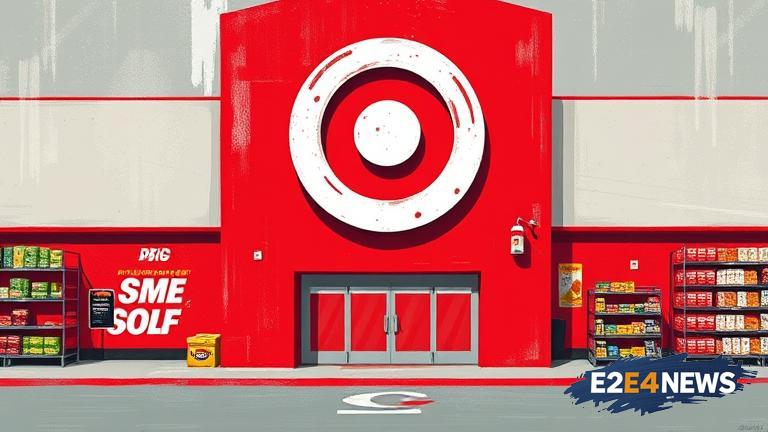In a move that is expected to send ripples through the retail industry, Target has announced the end of its price matching policy. This decision comes as the company seeks to adapt to changing consumer behaviors and refine its pricing strategy. The price matching policy, which allowed customers to match prices with competitors, was a staple of Target’s customer service for many years. However, with the rise of online shopping and increased price transparency, the company has deemed the policy no longer necessary. Target’s decision is seen as a response to the evolving retail landscape, where consumers are increasingly using digital tools to compare prices and find deals. The company is shifting its focus towards offering competitive pricing and promotions, rather than relying on price matching. This move is expected to simplify the shopping experience for customers and reduce complexity for employees. Target is not alone in this decision, as other retailers have also abandoned price matching policies in recent years. The end of price matching is likely to have a significant impact on consumer behavior, as shoppers will need to adapt to new ways of finding deals and comparing prices. Despite this change, Target remains committed to offering competitive prices and promotions, and is exploring new ways to engage with customers and drive sales. The company’s pricing strategy will be closely watched by industry analysts and competitors, as it navigates the challenges of the modern retail environment. As the retail landscape continues to evolve, Target’s decision to end price matching is seen as a necessary step towards remaining competitive. The company’s focus on competitive pricing and promotions is expected to resonate with customers, who are increasingly seeking value and convenience in their shopping experiences. With the rise of e-commerce and digital shopping, retailers must be agile and adaptable to meet the changing needs of consumers. Target’s decision to end price matching is a testament to the company’s commitment to innovation and customer satisfaction. As the retail industry continues to shift and evolve, Target is poised to remain a major player, with a focus on competitive pricing, promotions, and exceptional customer service. The end of price matching is just one aspect of Target’s broader strategy to drive growth and engagement, and the company is expected to continue to innovate and adapt in the years to come.
